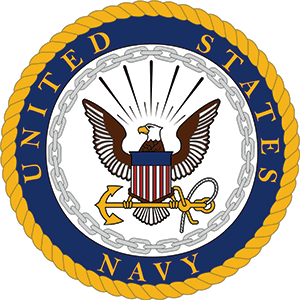ABOUT VT-6
- Origins in World War II: VT-6, originally known as Torpedo Squadron SIX, was established in 1938 and served aboard the USS Enterprise (CV-6) during some of the most pivotal naval battles in the Pacific Theater.
- Battle of Midway: VT-6 played a crucial role in the Battle of Midway (June 1942), launching attacks against the Japanese fleet, which contributed to turning the tide of the war in the Pacific.
- High Casualty Rate: During the Battle of Midway, VT-6 suffered significant losses; out of the 14 TBD Devastators launched, only four returned, but their attack helped distract Japanese defenses for other squadrons.
- Aircraft Evolution: VT-6 initially flew the Douglas TBD Devastator, but later upgraded to the Grumman TBF Avenger, reflecting advancements in naval aviation technology during WWII.
- Deactivation and Redesignation: After World War II, VT-6 was deactivated, but the designation was revived in 1956 as Training Squadron SIX (VT-6) at Naval Air Station Pensacola, Florida.
- Training Future Aviators: The modern VT-6 has trained thousands of Navy and Marine Corps aviators, serving as a primary flight training squadron and using aircraft such as the T-34 Mentor and T-6B Texan II.
- Legacy of Valor: VT-6 aviators have been awarded numerous honors, including the Navy Cross and Distinguished Flying Cross, for their heroism in combat and dedication to training excellence.
- Women in Aviation: VT-6 was among the first squadrons to integrate female student naval aviators after the U.S. Navy opened flight training to women in the 1970s.
- Squadron Nickname: The original Torpedo Squadron SIX was nicknamed "Black Panthers," while the current VT-6 is known as the "Shooters."
- Distinctive Insignia: VT-6’s squadron insignia features a cartoon-style baseball player (a "shooter") in a pitching pose, reflecting their mission of launching (or "shooting") new aviators into the fleet.

